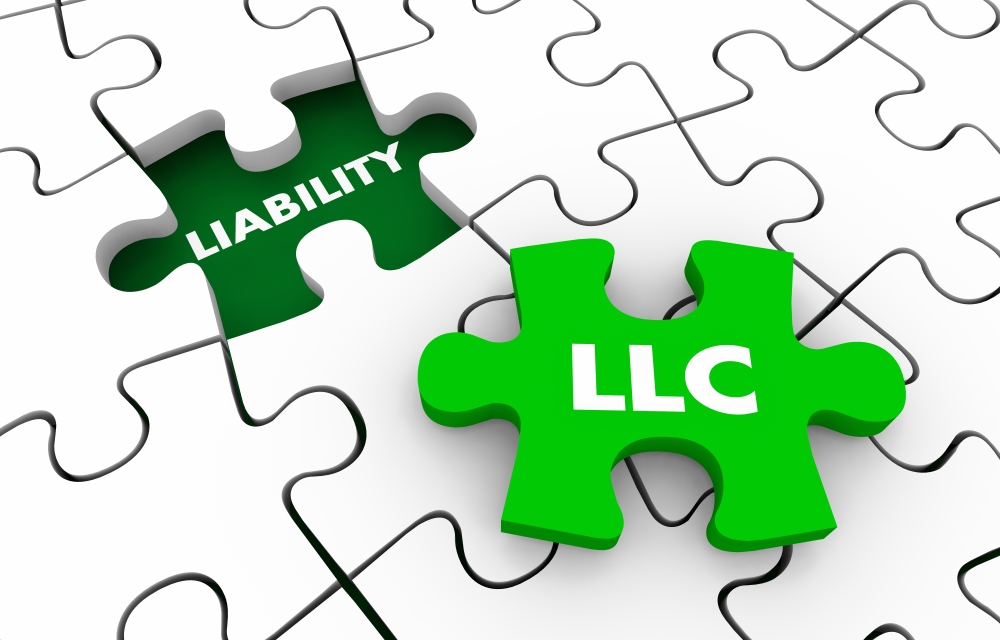Editor’s Note: Robert Elias of The Elias Law Firm discusses the benefits of LLCs when purchasing a property in Florida.
When acquiring real estate investment properties (i.e. non-homestead property) in Florida, there are numerous entity choices available to hold such investments. The choices include, but are not limited to, the following: (a) variety of individual and joint tenancies, (b) corporate entity (including “S” Corp election or standard “C” Corp), (c) partnerships (both General Partnerships and Limited Partnerships) and (d) various forms of trusts (including Florida land trusts). Perhaps the best and most widely utilized entity to hold Florida real estate investment property is the Limited Liability Company (“LLC”).

The formation of the LLC is relatively easy and handled through a filing with the Florida Secretary of State. The key document that governs any Florida LLC is the operating agreement- a private document that, among other things, sets forth the “Manager(s)” and the “Member(s)” of the LLC. The Manager(s) essentially manages the entity/investment (and can be an unrelated third party), while the Members are the owners of the entity/investment. While the State of Florida requires that the Manager(s) be publicly disclosed when filing for the LLC, the Members are not necessarily disclosed, assuming an unrelated third party is appointed as the Manager, and as such are not made public. This privacy element appeals to many real estate investors.
A Limited Liability Company is essentially a hybrid of a Florida corporation and partnership. If the entity is a multi-member LLC, it is treated as a corporation for liability purposes. If an event resulting in liability occurs at the property, the LLC is typically sued and any resulting judgment would be against the LLC (not the individual Members). On the other hand, if the LLC has more than one member then creditors of an individual member cannot reach the assets of the LLC to satisfy any individual judgment against the individual Member. The creditor would be limited to seeking to recover against the debtor/members’ rights to profits as opposed to the assets of the LLC. As such, LLC’s provide a level of asset/liability protection for the Members.
Although some real estate investors purchasing property in their individual names elect to rely solely on liability insurance, there can be risks associated with this approach. Liability policies have exceptions and dollar limits that may not wholly protect Members from the consequences of litigation. By combining the use of liability insurance with the use of an LLC, the individual enjoys an added layer of protection. Further, many investors rightly choose to use separate LLCs for each property acquired in order to limit the possibility that an incident occurring on one property exposes another property to potential liability.
Florida LLCs are treated as partnerships for income tax purposes. As such, they offer pass-through taxation benefits. In other words, the entities are not subject to double taxation. Rather, the distributions are only taxable to the individual members at their individual tax rates.
Additional benefits of LLCs include the fact that foreign ownership in Florida real estate is allowed through LLC’s and transferring ownership in real estate investments can easily be accomplished via gifting and/or assignment of membership units in the LLC. Such gifting and/or assignments of membership units can be accomplished without having to execute and record a new deed, thus allowing property owners to only pay transfer and recording taxes and fees relating to the original transaction.
In order to maintain the liability protections outlined herein, Florida law requires that LLCs observe required corporate formalities including maintaining sufficient company records and, for instance, conducting meetings as set forth in the operating agreement.
The Elias Law Firm can help. If you have any questions about entity selection, formation, and/or your Florida real estate transaction, feel free to contact Robert Elias of The Elias Law Firm at 305-823-2300 or via email at relias@eliaslaw.net.
About the Author: Robert Elias, Esq. leads the boutique law firm specializing in all aspects of residential and commercial real estate transactions, corporate law, asset protection/estate planning and probate. He is active in a variety of charitable and civic endeavors throughout South Florida and maintains an AV PreEminent Lawyer Rating from Martindale-Hubbell, the highest peer rating for professional excellence. Mr. Elias was named to the exclusive list of South Florida’s Top Rated Lawyers by American Lawyer Media.
Robert Elias is a member of the exclusive Haute Lawyer Network by Haute Living, representing the South Florida area in Real Estate Law. Visit his Haute Lawyer profile here.
























